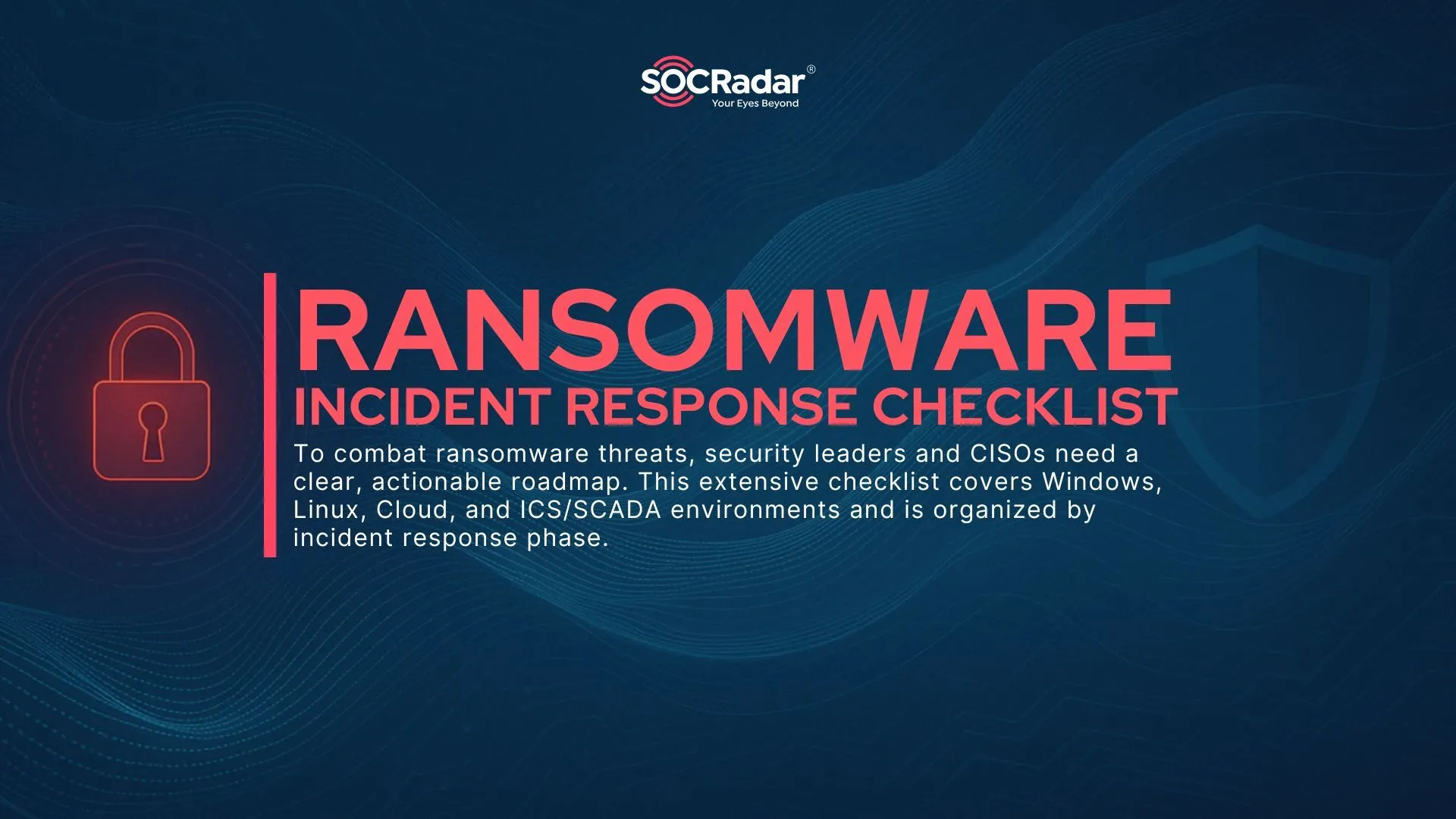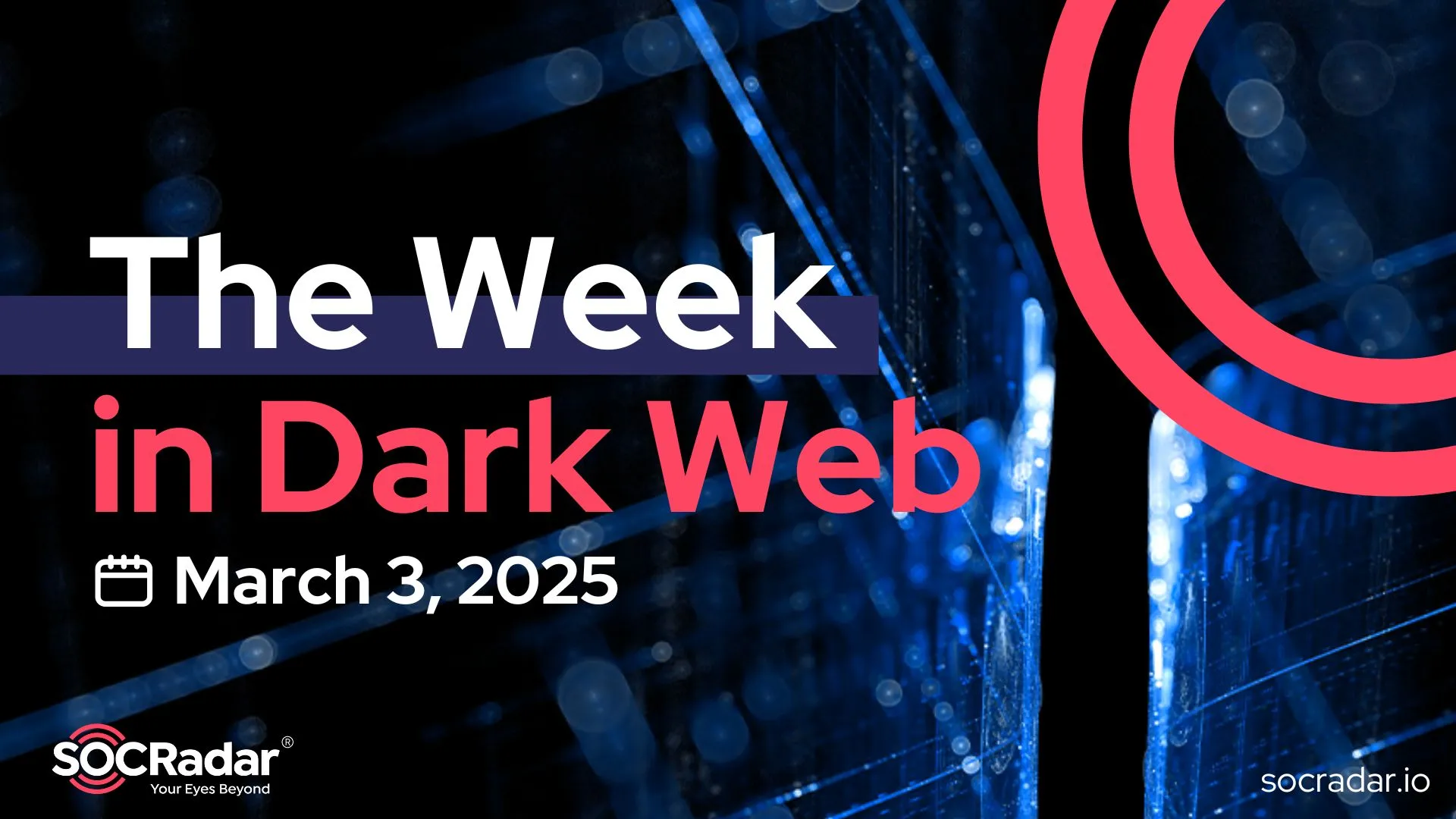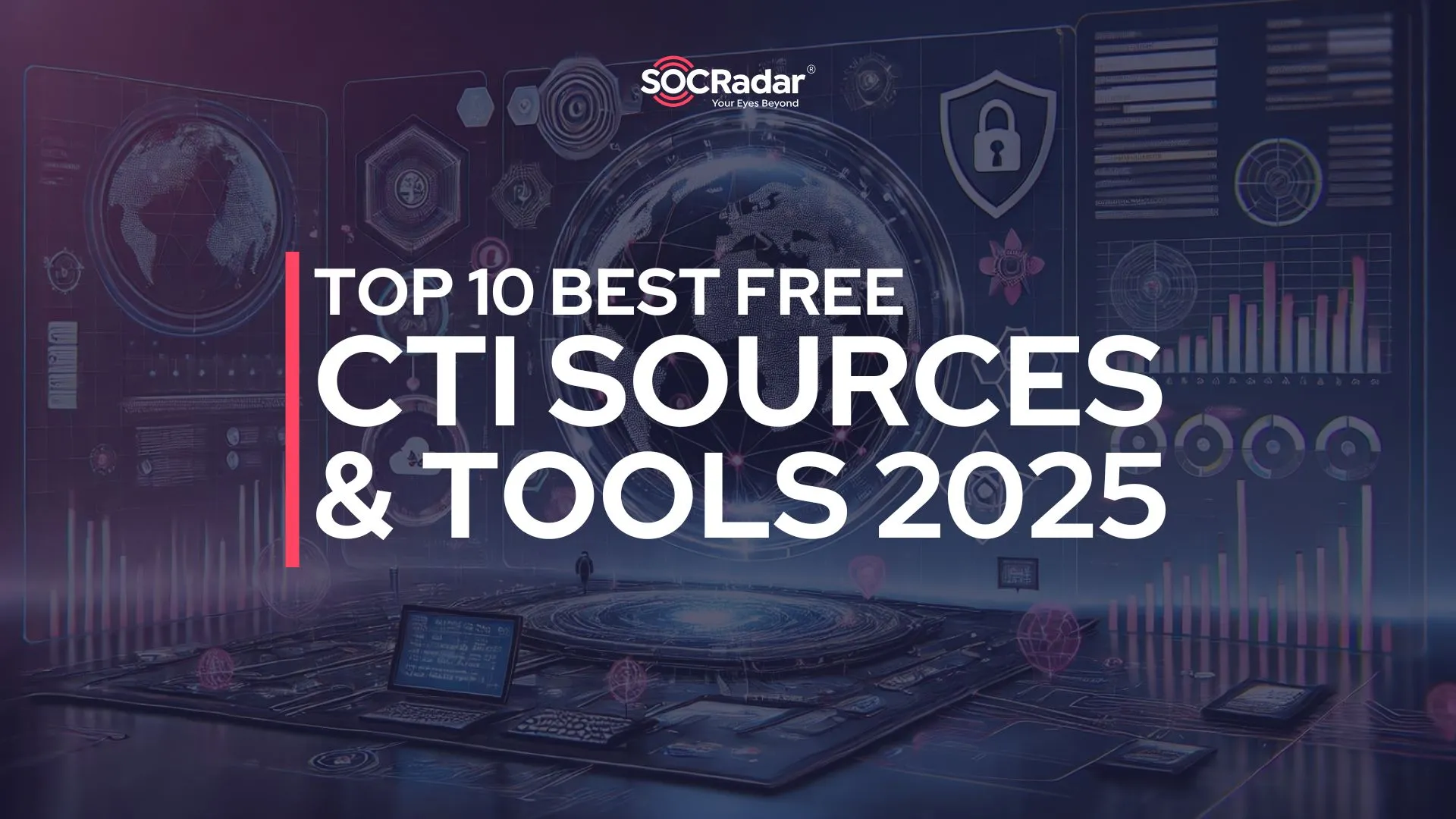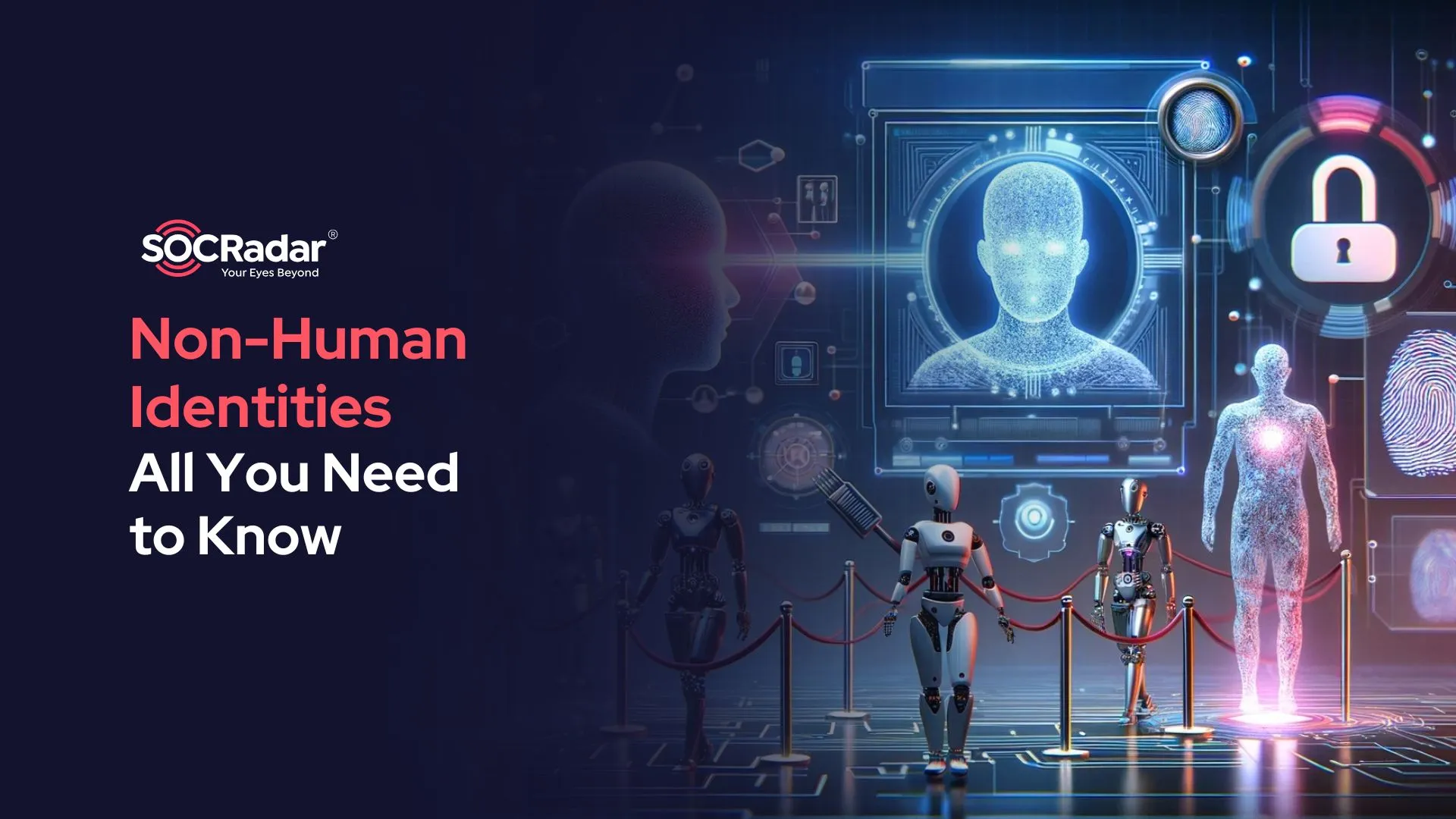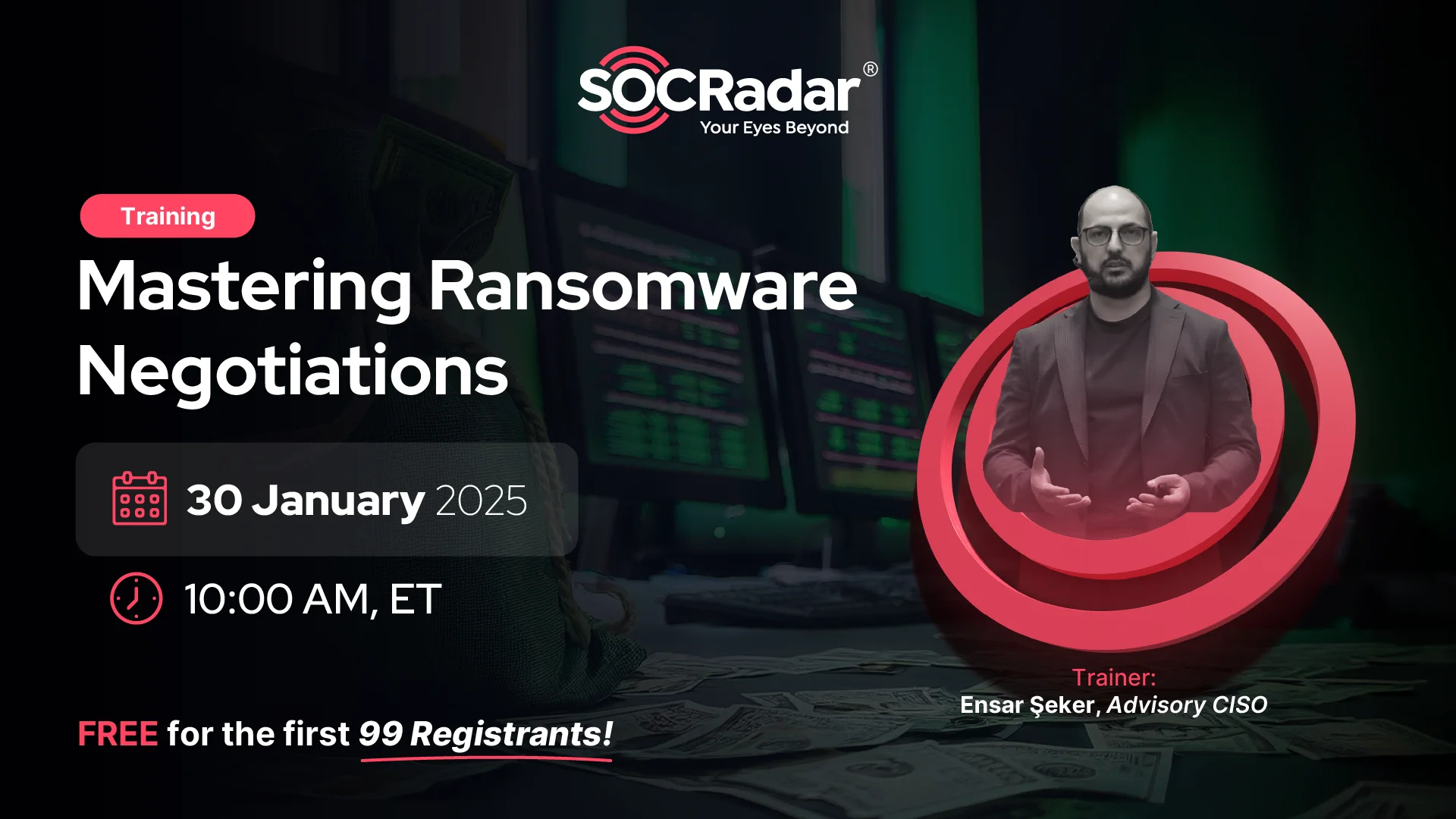
The Importance of Cyber Hygiene: Best Practices for Employees to Prevent Data Breaches
Cyber hygiene has never been more crucial in the current digital era. Because cyber dangers are getting more complex, companies need to make sure that their staff members are prepared to safeguard sensitive information and systems. Devastating data breaches brought on by poor cyber hygiene can have negative effects on one’s finances, reputation, and legal standing. But staff members can help prevent these mishaps by embracing cybersecurity best practices and creating a security-conscious culture.
The significance of cyber hygiene will be examined in this piece, along with helpful advice for staff members on safeguarding their personal and company data and how businesses may promote a security-conscious culture to stop data breaches.
Understanding Cyber Hygiene
Cyber hygiene is the collection of procedures, routines, and resources that people and organizations employ to protect their online spaces. Maintaining the health of digital systems depends on cyber hygiene, much like personal hygiene does for physical health. Preventing cyberthreats that can jeopardize private data and interfere with business operations, like phishing, malware, and hacking, is the aim.
When it comes to stopping data breaches, employees are frequently the first to respond. By taking steps like password management, spotting phishing efforts, and device security, they may drastically lower the chance of a breach. Cyber hygiene is more than just utilizing the appropriate technologies; it’s also about creating safe practices that permeate every employee’s everyday job.
Best Practices for Maintaining Cyber Hygiene
Employees should adhere to a few key cyber hygiene best practices to guarantee that sensitive data is safeguarded and organizational systems are kept safe. Let’s examine them in detail:
- Managing Passwords
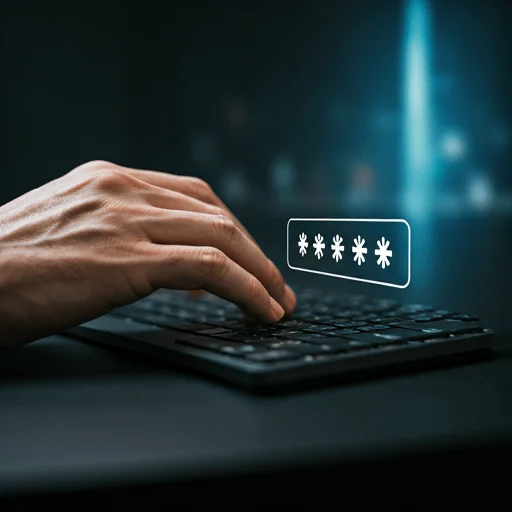
Image Of Strong Passwords Generated by Artificial Intelligence
Sensitive information within a company is protected by passwords. One of the most popular ways for thieves to get in is using weak passwords.
Make strong, one-of-a-kind passwords .Workers should create complicated passwords that combine capital and lowercase characters, digits, and symbols. Don’t use things like pet names or birthdays that are easy to figure out.
Make use of a password manager: Keeping track of several complicated passwords can be difficult, but a password manager can safely store and create secure passwords for every account.
Turn on Multi-Factor Authentication (MFA): MFA increases security by requiring extra verification (such as a code texted to a mobile device) in addition to a password.
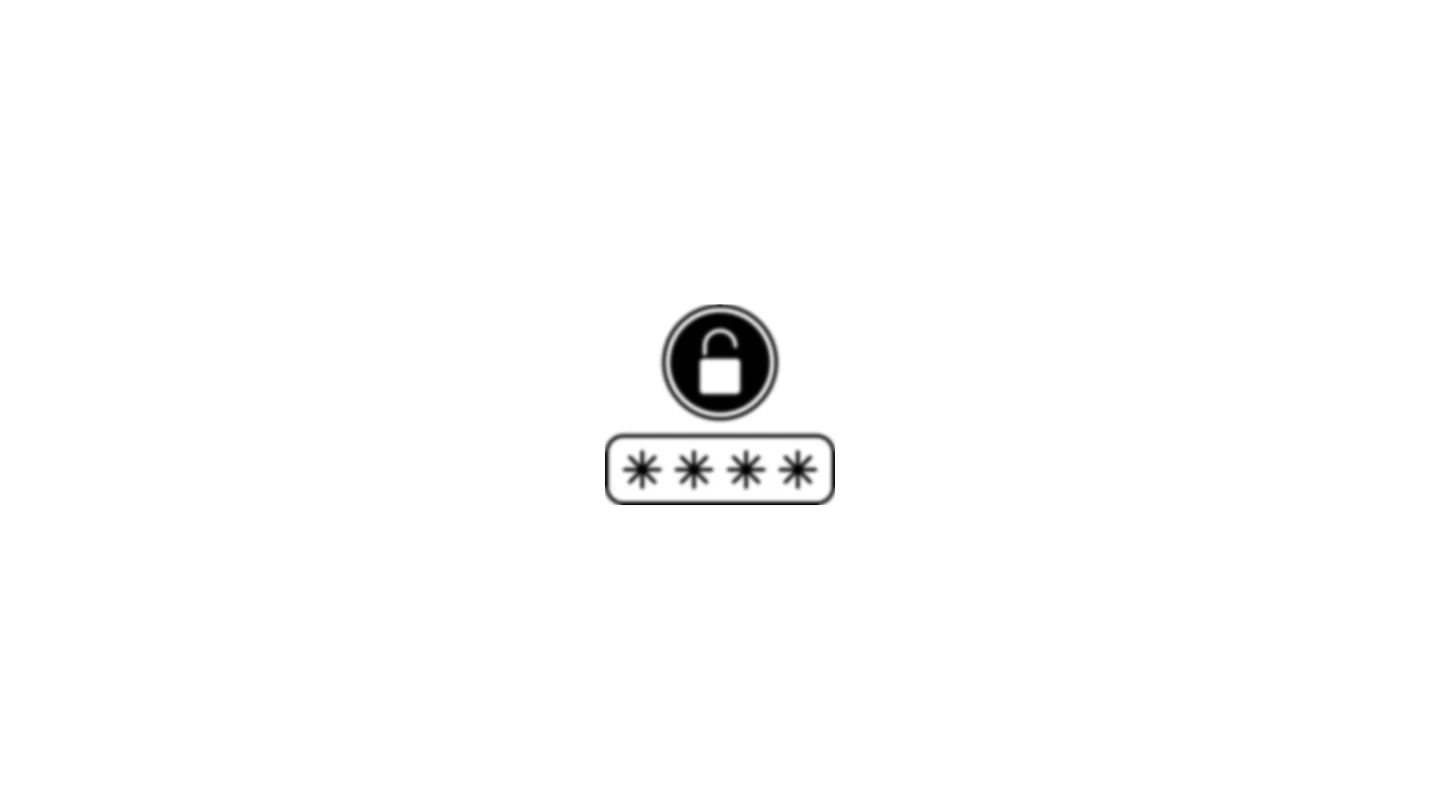
Image Of Multi-Factor Authentication(MFA) Generated by Artificial Intelligence
- Protection of Emails
One of the most common cyber threats is still phishing. Workers ought to be aware of typical phishing techniques and refrain from responding to dubious emails.
Phishing emails can be easily recognized since they frequently ask for sensitive information or include dubious links. Workers should be cautious when opening emails that seem urgent and refrain from clicking on links from senders they are not familiar with.

Image of Phishing Emails Generated by Artificial Intelligence
Avoid Opening Suspicious Attachments: Ransomware or malware may be present in malicious attachments, which could attack the network as a whole.
Employees are encouraged to report any suspicious emails to the IT department so that the team can look into them and take the appropriate precautions to keep the company safe.

Suspicious Attached Mail Image generated by Artificial Intelligence
- Safety of Devices
Every gadget used for work, including tablets, smartphones, and laptops, has the potential to be a point of entry for cyberattacks. Workers should protect their equipment by taking preventative measures.
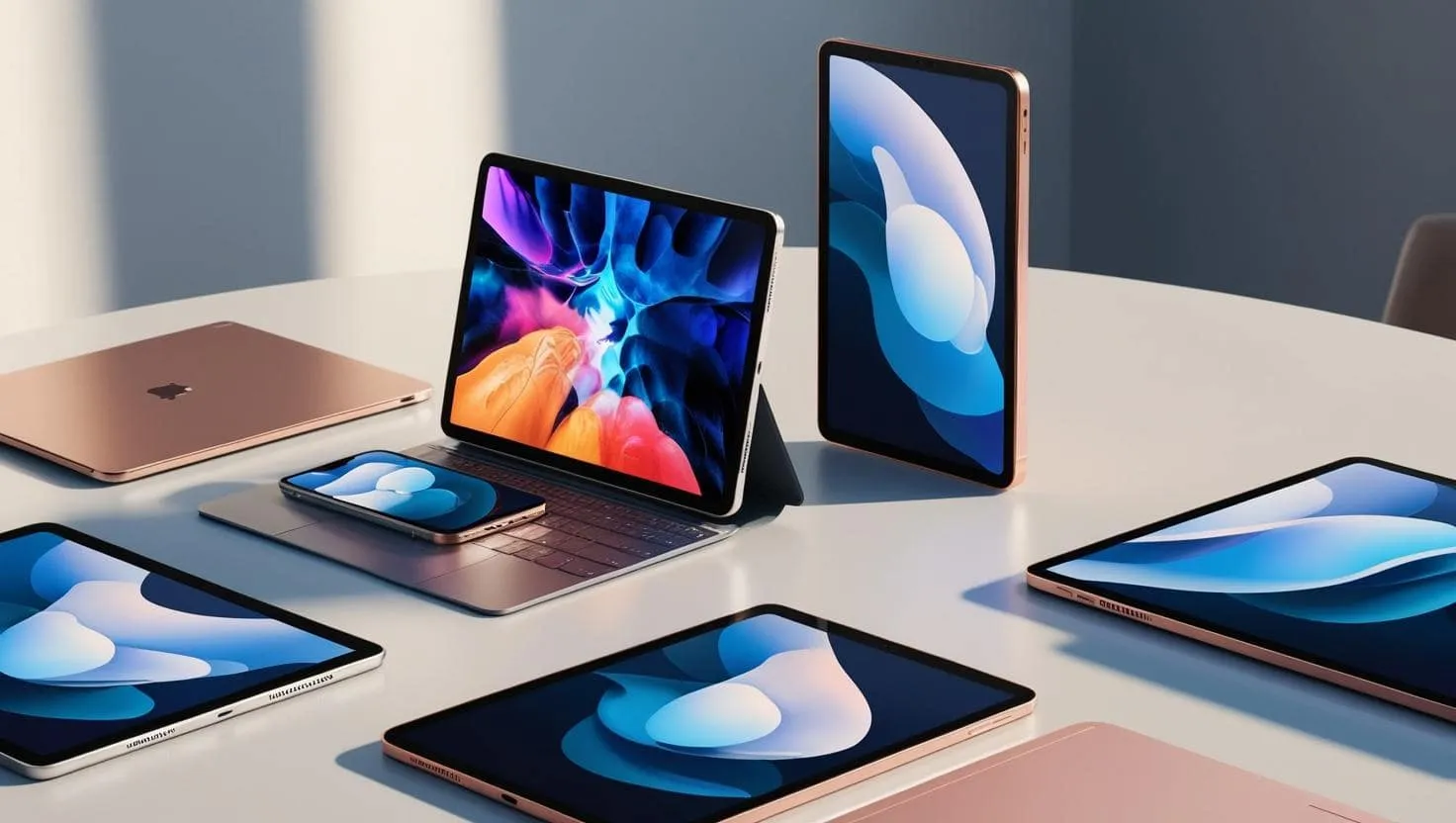
Electronic Devices Used for Work Image Created by Artificial Intelligence
Update operating systems and software frequently; these updates often contain important security fixes that address vulnerabilities. Workers should allow their software and operating systems to update automatically.
Make use of anti-virus and anti-malware software. Malicious programs are found and eliminated with the aid of antivirus software before they have a chance to do damage. Antivirus software should always be up-to-date and active, according to employees.
Be Wary of Public Wi-Fi: Because public Wi-Fi networks are less secure, hackers can more easily intercept data from them. Workers should refrain from using public Wi-Fi to access confidential information or log into sensitive accounts unless they are using a virtual private network, or VPN.
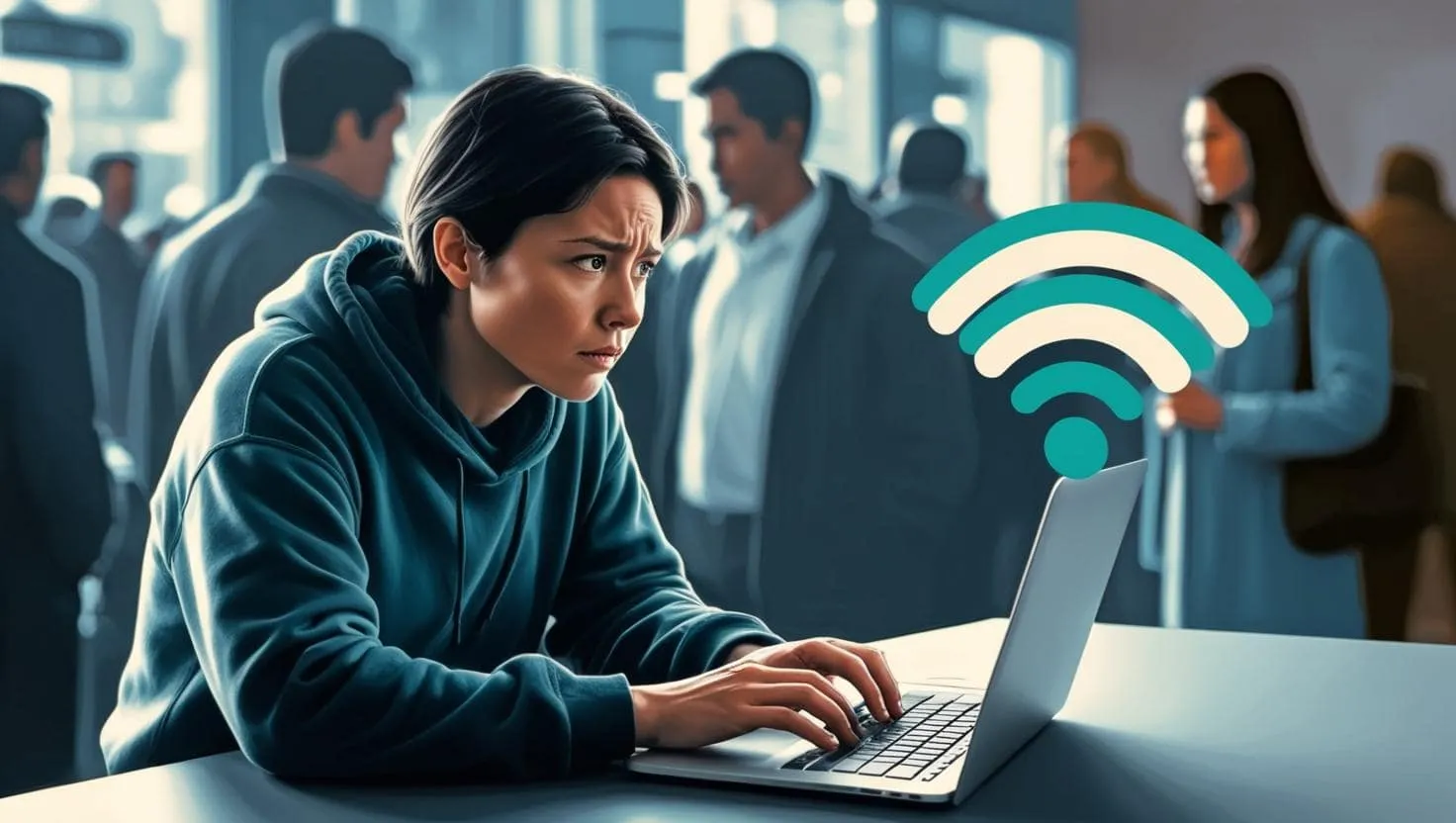
Image Drawing Attention to Public Wi-Fi Use Created by Artificial Intelligence
- Awareness of Social Media
Even though social media can be a useful tool, hackers may target it in an effort to obtain personal data.
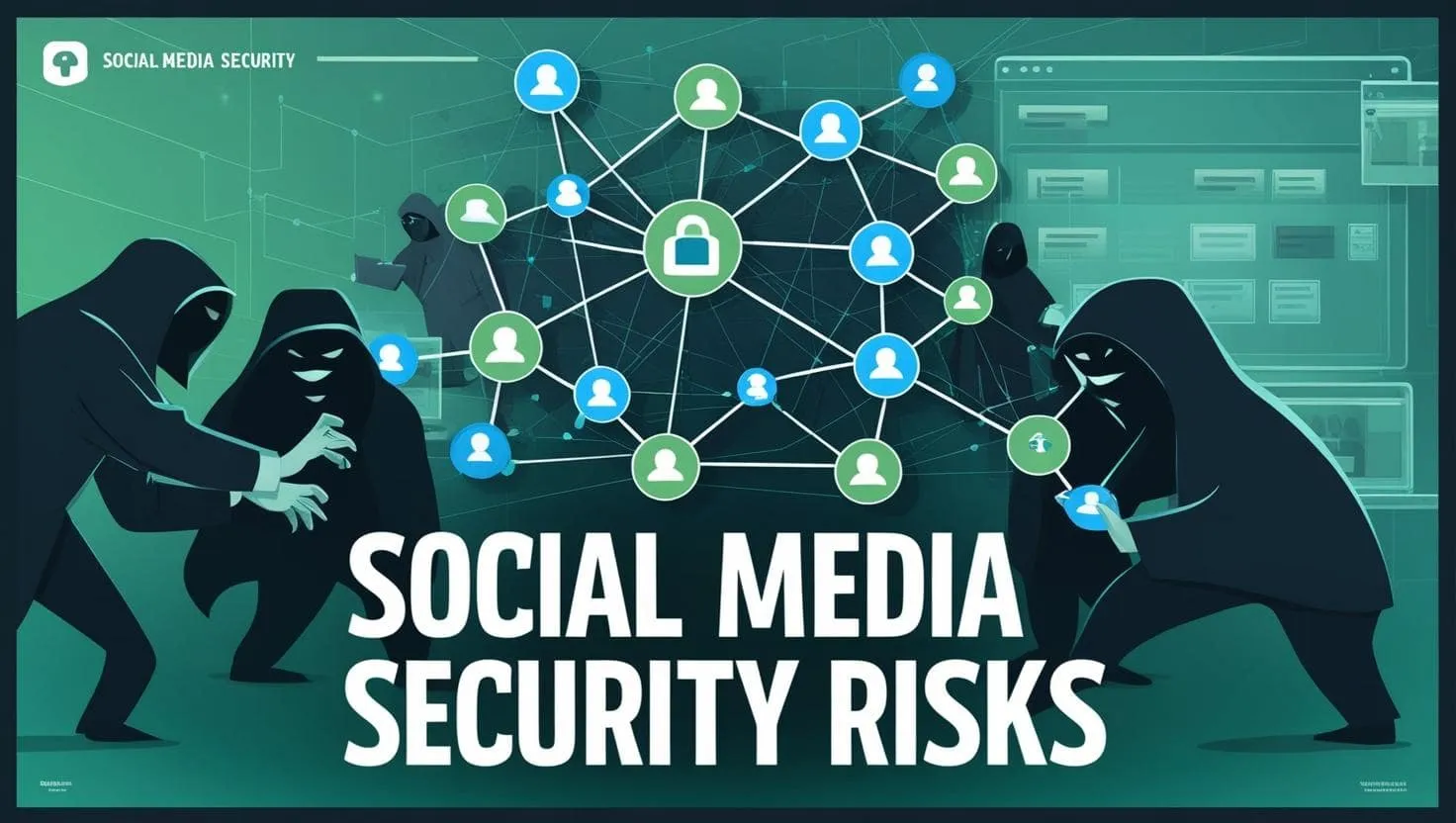
Image Highlighting Safety in Social Media Use Created by Artificial Intelligence
Restrict Personal Information Sharing: Workers should be careful about what they post online since it may be exploited to trick them into disclosing private information through social engineering.
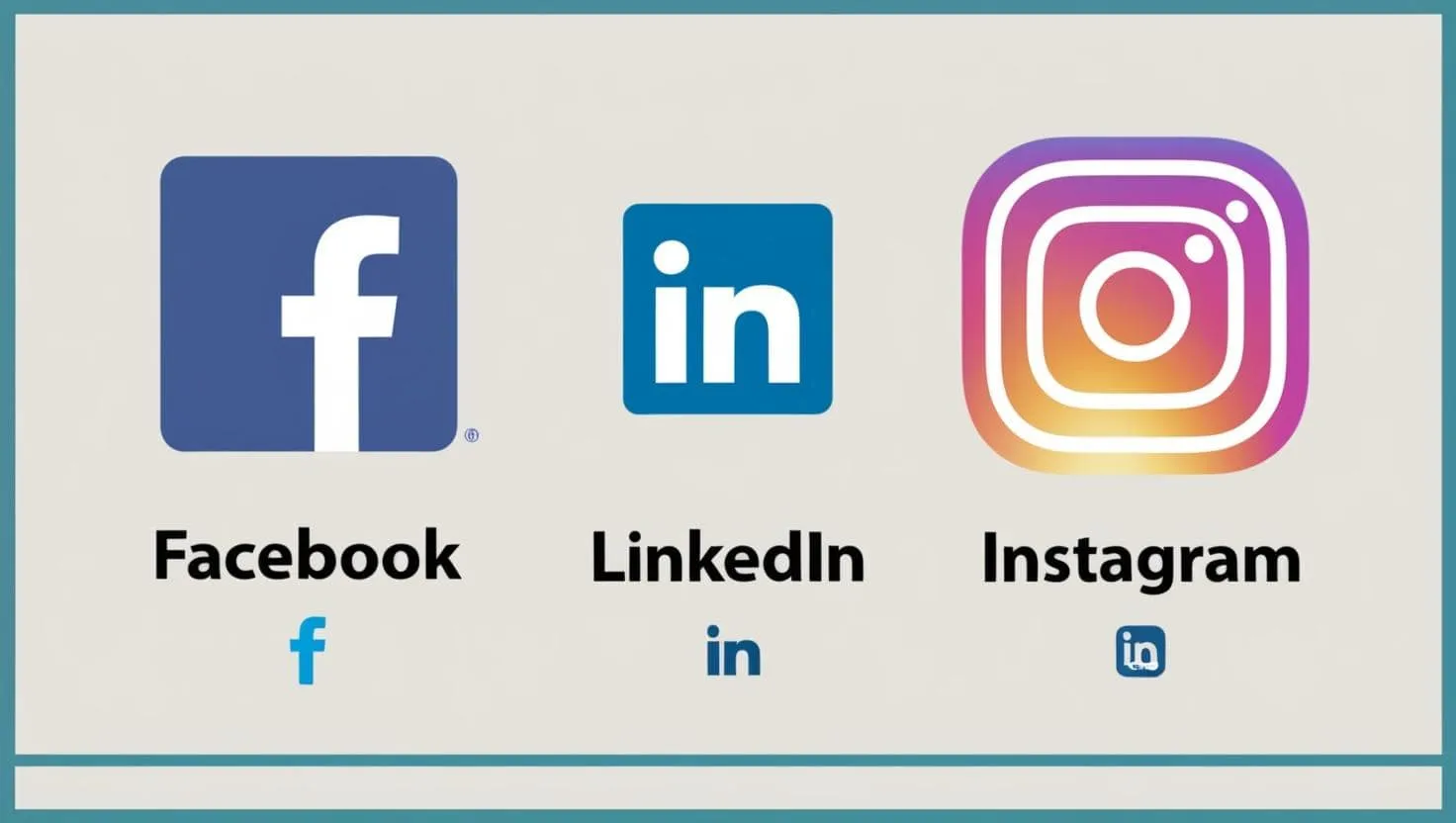
Most Used Social Media Platforms Image created by Artificial Intelligence
Steer Clear of Unknown Links: Similar to email security, staff members should refrain from clicking on dubious links posted on social media because they may direct users to malware or phishing websites.
Examine your privacy settings: It is possible to stop unwanted access to personal information by routinely checking and modifying privacy settings on social media sites.
- Security of the Body
In addition to digital security, physical security is equally vital to preserving a safe atmosphere. Simple precautions should be taken by staff members to safeguard sensitive data and devices.
Device Locking: To avoid unwanted access, always lock workstations, laptops, and mobile devices when you’re not using them.
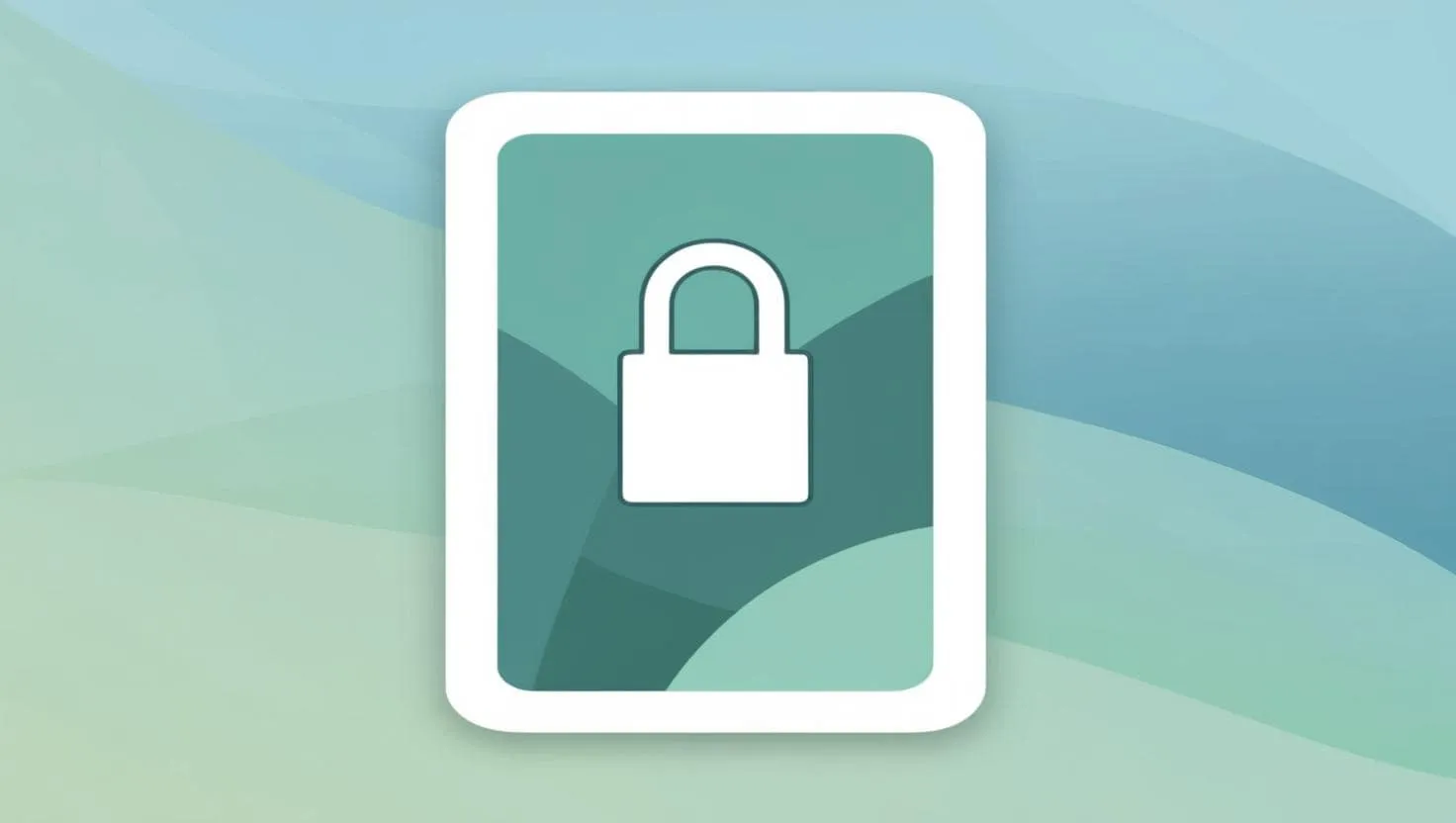
Device Security and Lockout Themed Image created by Artificial Intelligence
Device Storage Done Right: Portable electronics such as laptops should be stored in safe places when not in use. In public areas, employees should never leave them alone.
Employ privacy filters on your screen: Employing privacy filters on screens can help those who operate in public or shared areas keep private information out of the hands of others.

Device Storage Themed Image created by Artificial Intelligence
- Notifying People of Security Events
It’s critical to understand how to report security problems in order to stop additional harm and guarantee a prompt reaction.
Report Suspicious Activities Right Away: To reduce potential hazards, staff members should notify the IT department right away if they believe they have seen any strange activity, downloaded malware, or clicked on a phishing link.
Observe the procedures for incident response: Companies ought to have procedures in place for how staff members are to react in the case of a cybersecurity incident. To reduce harm and restore security, staff members should adhere to these procedures.
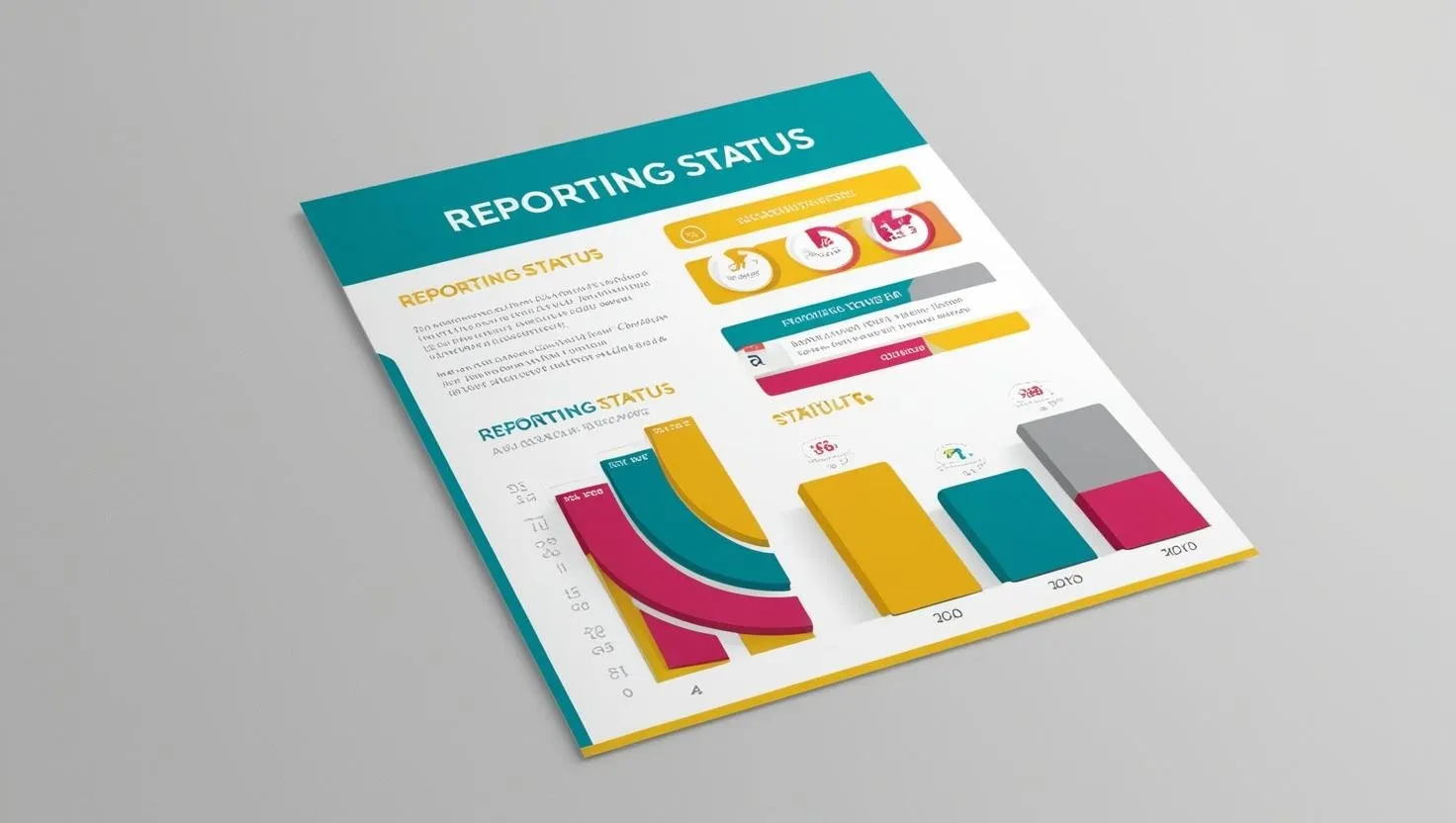
Suspicious Activity Reporting Image by Artificial Intelligence
Record the Event: The date, the actions performed, and any communications with IT should all be recorded by the staff. IT teams can better evaluate the breach and respond in the future with the use of this documentation.

Recording of Events Visualisation Created by Artificial Intelligence
Building a Culture of Security Within the Organization
As important as individual cyber hygiene measures are, the company is also crucial in encouraging security among employees. A company’s overall cybersecurity commitment can greatly lower the chance of a data breach.
One of the greatest methods to guarantee that cybersecurity best practices are followed is to provide ongoing cybersecurity training to employees. Employees who receive regular training are better able to identify emerging risks and comprehend the most recent security procedures. To remain ahead of new cyberthreats, these programs should be updated on a regular basis.
- Put in place transparent security policies and processes
Companies should set up explicit security rules and processes that specify how to manage private information, gain access to systems, and address security events. Effective communication of these policies to all staff members is essential, as is uniform enforcement of them throughout the company.
- Make an Investment in Security Technologies and Tools
Businesses need to spend money on security products like firewalls, encryption software, and endpoint protection to help staff members practice good cyber hygiene. These resources aid in defending the company against breaches and offer an extra line of protection against online attacks.
- Encourage candid conversations on cybersecurity
Encourage an environment where workers feel free to voice security concerns. Maintaining open communication with the IT department can assist in resolving problems before they become more serious. Employees’ attention can also be maintained on cybersecurity through regular security awareness initiatives.
Conclusion
Cyber hygiene is crucial for safeguarding personal and corporate data in an age of ever-more sophisticated cyberthreats. Employees can actively contribute to the prevention of data breaches by adhering to best practices for password management, email security, device protection, social media awareness, and physical security. Organizations must simultaneously invest in the appropriate technologies, establish clear policies, and train employees appropriately in order to foster a culture of security.
Here is where SOCRadar can have a big influence. With its threat intelligence and security monitoring components, SOCRadar, a complete cybersecurity solution, assists businesses of all sizes in improving their cyber hygiene procedures. Employees can keep ahead of new threats, spot vulnerabilities early, and take quick action to stop possible breaches using SOCRadar’s proactive monitoring. Teams may get real-time notifications on security events thanks to the platform’s Cyber Threat Intelligence features, which lowers the possibility of human error—which frequently results in breaches.
Joining SOCRadar, even if it’s free, gives you access to vital resources that assist in identifying and reducing cybersecurity threats before they become serious issues. Regardless of the size of your company, SOCRadar’s adaptable modules—like phishing detection, data leak prevention, and social media monitoring—offer insightful information about possible dangers and help protect your company’s digital assets.
Are you prepared to advance the cyber hygiene of your company? Start your journey toward a more secure digital environment by signing up for a free subscription with SOCRadar today. You’ll have the tools you need with SOCRadar to stay ahead of cyberattacks and protect your company from possible data breaches.






























